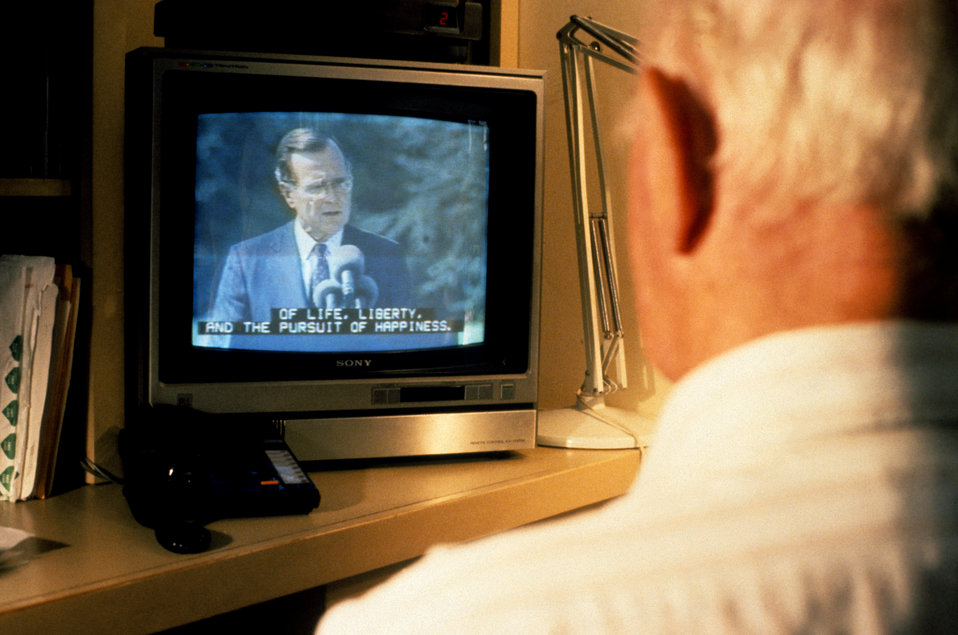Over-75-year-olds used to get their TV licence fee paid for by the government. That might be changing.
What it means: Every wannabe-Goggleboxer in the UK has to buy a £150 TV licence every year. The money goes to the BBC. The idea is that being funded by the public rather than advertisers means the BBC won’t ever try to hide incriminating news about a company or use product placement to encourage Doctor Who viewers to load up on a new shampoo (plus all the other basic principles of Public Service Broadcasting).
Oldies over 75 used to get their TV licence for free, courtesy of the UK government (and by extension, UK taxpayers). But the government has decided it’s had enough of handing out this freebie. (Public spending is a big part of the conversation on the economy.) It’s now up to the BBC to either start charging golden oldies or swallow the £745 million it costs to pay their licenses for them each year.
The BBC is dithering. That money would take up a fifth of its budget, and become more and more expensive as the proportion of old people in Britain is due to increase (blame all those baby boomers, who are about to hit their ‘70s.) And less money in the BBC pot might mean fewer or crapper TV programmes.
A campaign to keep the subsidy - set up by former PM Gordon Brown and British tabloid, The Mirror - say its totes unfair that the BBC is screwing over old people while dishing out pay increases of up to 30 percent to some of its staff. And they also say old people need a TV license more than most, because for about 40 percent of them, it’s their main source of company.
But some research says watching lots of TV is actually not good for older people, because staying inactive means they’re more likely to wind up with mobility problems. So perhaps a better way to spend money helping elderly Brits would be through social programmes designed to get them moving around and socialising.
Plus, although there are more old people in poverty now than there were three years ago, on average the amount of income pensioners have has risen, while that of working-age households has fallen. Dishing out goodies based on age, rather than income, means that theoretically struggling, younger Brits could end up paying for the TV-viewing of rich Brits such as Julie Andrews (age 83, net worth $45 million) or David Attenborough (age 92, net worth $35 million).
Read our explainer on government spending and economic equality.

